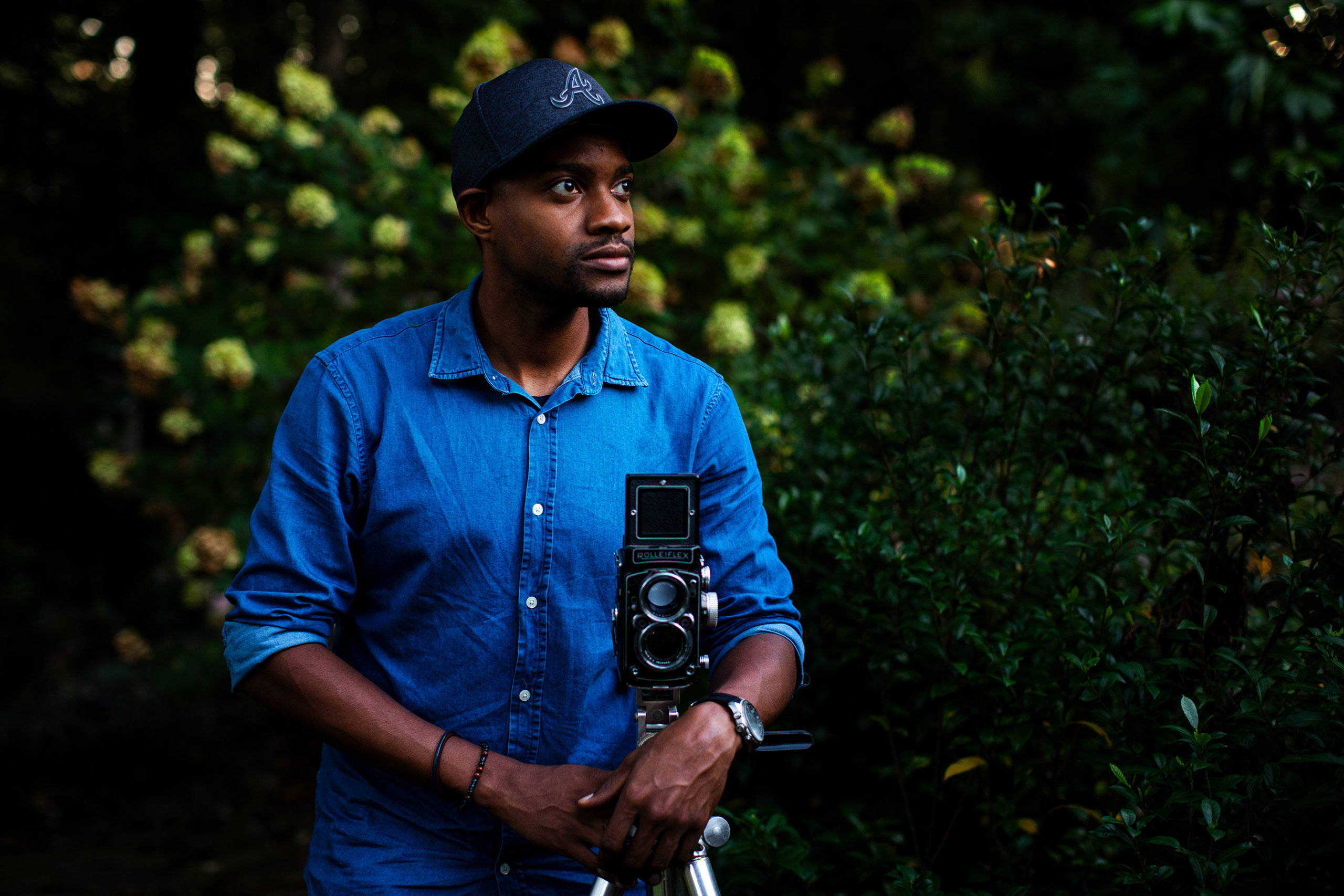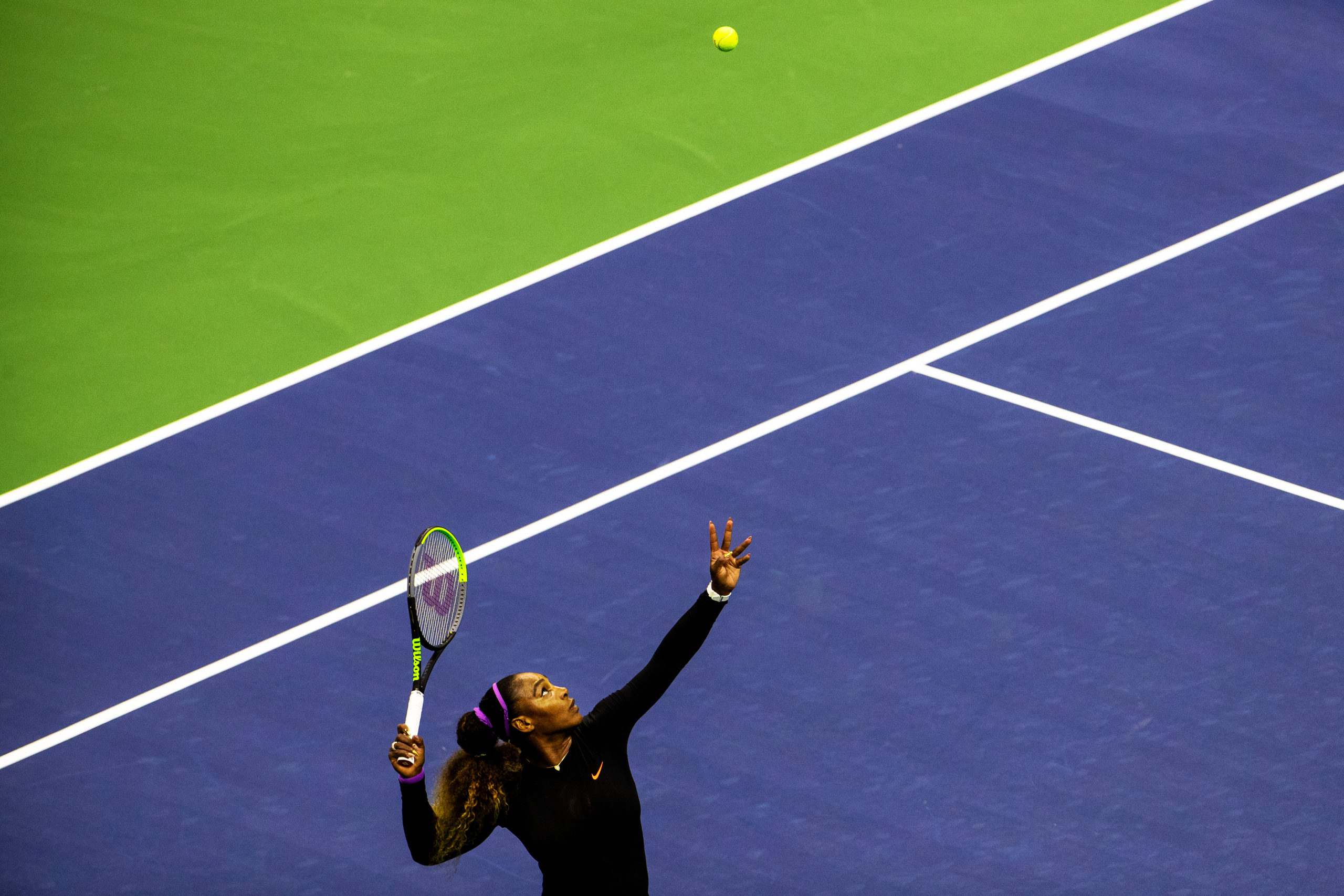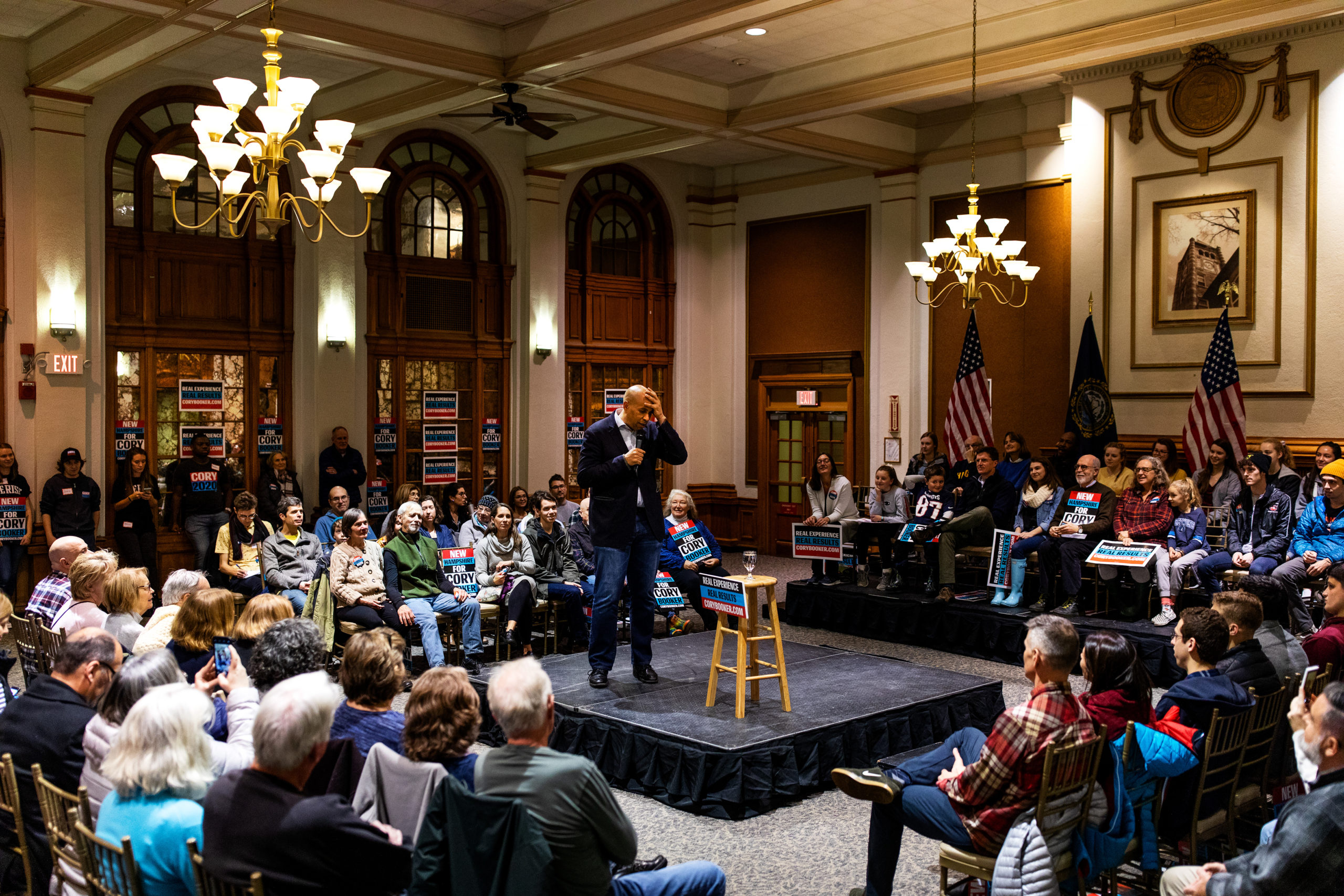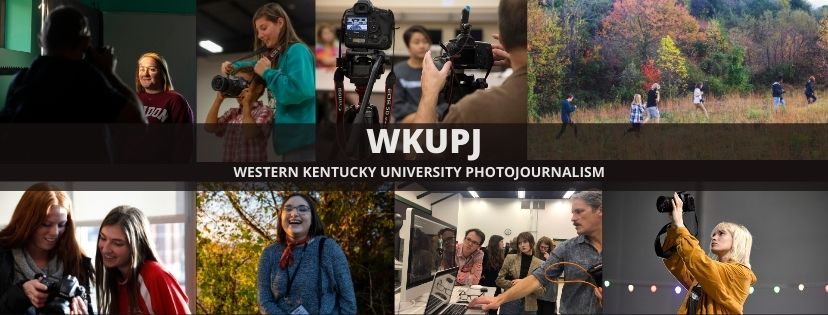A RECURRING SERIES
In a recent email interview, Demetrius Freeman, a 2014 WKUPJ graduate, shares personal experiences while at WKU and the life that followed as a staff photographer for the New York City mayoral office and eventually becoming his own boss. You can see his current work at www.demetriusfreeman.com and be sure to follow him on Instagram @demetrius.freeman.

Demetrius Freeman, a 2014 WKUPJ graduate, runs his own photography business based in New York City.
Where were you born and what high school did you attend?
I was born in Atlanta, Georgia and I attended Lakeside High School.
Is there an interesting story that brought you to WKUPJ or photojournalism in general?
In 2004 when I was a Junior in High school, my best friend’s parents invited me to a family trip in Pensacola, Florida. During the trip my best friend’s dad, Randy, had a point and shoot (Canon Powershot) camera that I was curious about. I had never used a digital camera so he showed me how it worked. For the rest of the trip, I took pictures and kept filling up the memory card, returning it to him and going back out again. A year passed and he came across the photos I took and thought I had a unique eye for capturing emotions and people so, for my senior graduation gift, he gifted me a Canon AE-1, two lenses, a flash, and a camera bag.
After high school, I attended Gwinnett Technical College in Lawrenceville, Georgia where I learned more about photography and digital imaging. The program was designed to introduce students to film photography, digital photography and all the different aspects of photo: architecture, product, portrait, and photojournalism.
The more I photographed, the more intrigued with storytelling I became and this led me to attending the Atlanta Photojournalism Seminar. At the seminar I noticed a trend. The majority of the photographers who placed in the contest were from WKUPJ.
When did you start attending WKU and what year did you graduate?
I started WKU in 2010 and graduated in 2014.
Immediately after graduation I …
Immediately after graduation I took a vacation trip to Copenhagen, Denmark, Rome, Italy and Split, Croatia. I wanted to reset my batteries and prepare myself for my internship at the Tampa Bay Times. I then spent three months at The Tampa Bay Times before being hired as a full time photographer for The New York City Mayor’s Office under Mayor Bill de Blasio.
Who do you currently work for?
I run my own freelance company with the majority of my work is with The New York Times, Pro Publica, and The Huffington Post.
What economic decisions or creative process lead you to running your own business?
After 2 years of covering the mayor’s office, I felt that I had accomplished what I set out to do and that I had learned a lot. I wanted to return to journalism. I missed the creativity involved in journalistic work as well as the sense of connecting with a variety of people. Because of the state of the industry, starting my own business was the only route for accomplishing this in New York City.

August 26, 2019: Serena Williams serves to Maria Sharapova in the first round of the US Open at Arthur Ash Stadium in Flushing, New York. | Demetrius Freeman for The New York Times
Since graduation, tell us about some of the more interesting places or events you may have visited/photographed as part of your work being a visual storyteller?
This is a tough one to answer because I feel that I have been able to experience a lot of interesting places and events. I have covered the U.S. Open Tennis tournament, the World Series, and have taken photos of political candidates, presidents, parades, protests, and lots of feature stories.
One assignment that stands out is during the coverage of the U.S. Open Tennis tournament in Flushing, Queens, New York. I was in the pit behind the player receiving a serve from Serena Williams. Williams then served a 120 mph ball, which bounced right into my 600mm lens and knocked it out of my hands. The noise was so loud the ball girl asked if I was okay. Luckily, I had moved my face in time and the camera was okay.

NOVEMBER 22, 2019: Democratic candidate, Cory Booker, hold a “Conversation with Cory” event at the University of New Hampshire in Durham, New Hampshire. | Demetrius Freeman for The New York Times
I see that you have been on the campaign 2020 trail, what has that been like from a visual storytellers perspective?
The campaign trail gives you a unique and interesting way of seeing the election. You are in the front seat, which gives you a chance to see how the candidates navigate their crowds and watching the energy of the voters. It also presents lots of fun challenges. Most campaigns are designed to present you with what the candidate and their staff want you to see or capture, so your goal is to seek images that are out of the norm for the event. For example, Joe Biden typically strays from the plan by leaving the stage and approaching voters while Pete Buttigieg will stick to the stage and linger in the space. You have to learn the person and work to get past the limitations to make unique images.
In hindsight, is there anything you learned while in a PJ class at Western that has resonated with you now?
The most important thing WKUPJ taught me was the power of storytelling in photojournalism. Every story, no matter how small, is an important one. A good example of this is a feature story I worked on about how deeply segregated New York City schools are. This story was not happening in an extreme environment or a faraway place, but rather a poorly/badly lit small classroom in Brooklyn. Regardless, I stuck to the storytelling element and was able to create a POYi award-winning image.
What has changed in your professional plans from the time you enrolled at WKU until know? Did you ever expect to be where you are today?
I don’t think much has changed, except that I have more of an understanding of the industry. “While I didn’t foresee specific locations I would work in or positions that I would occupy, I did set two key expectations for myself: to maintain the quality of my photography and to keep my work ethic high.”
Do you have any immediate future work plans that you can disclose? What awaits you in 2020?
I have a few work projects related to the 2020 campaign and presidential race coming up later this year. I will continue to work on the trail with the democratic candidates up until the election.
If you could have any “dream” freelance assignment what would that be?
To be completely honest, I feel like I am currently working on my dream assignment, covering the 2020 election.
What is your favorite memory from WKUPJ?
My favorite memory from WKUPJ is finishing a photo assignment and going into the photo lab in the evening to find everyone at their computers or with their cameras. I always found it fascinating to see how different everyone was yet how we all bonded together over photojournalism. I miss that feeling of togetherness and everyone pushing each other to improve.
